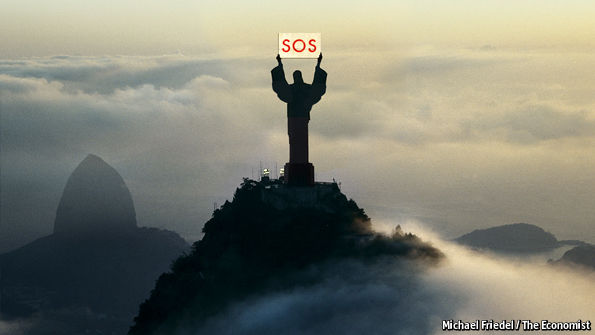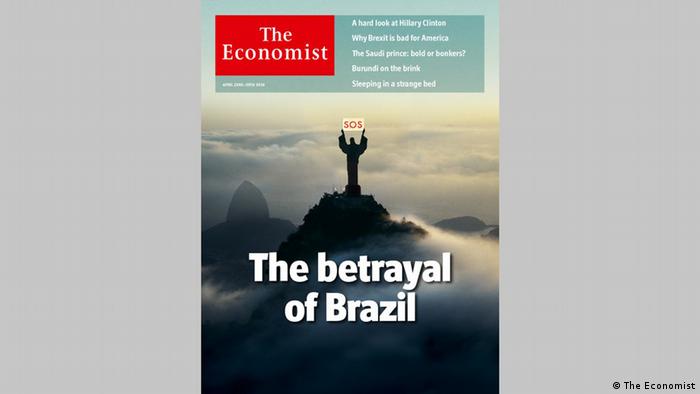In a new study, Bentley Coffey, Patrick A. McLaughlin, and Pietro Peretto explore the relationship between regulation, investment, and economic growth by asking two central questions:
- Does regulatory accumulation—the buildup of regulations over time—alter businesses’ decisions to make investments that lead to innovation and technological growth?
- How do these changes affect economic growth?
Economic growth has been reduced by an average of 0.8 percent per year from 1980 to 2012 due to regulatory accumulation. Regulations force companies to invest less in activities that enhance productivity and growth, such as research and development, as companies must divert resources into regulatory compliance and similar activities. While 0.8 percent may seem small, economic growth is an exponential process—next year’s growth depends on this year’s growth, which depends on last year’s, and that means the gap between what the economy could be and what it is grows over time at an increasing rate.
Compared to a scenario where regulations are held constant at levels observed in 1980, the study finds that the difference between the economy we are in and a hypothetical economy where regulatory accumulation halted in 1980 is approximately $4 trillion.
















